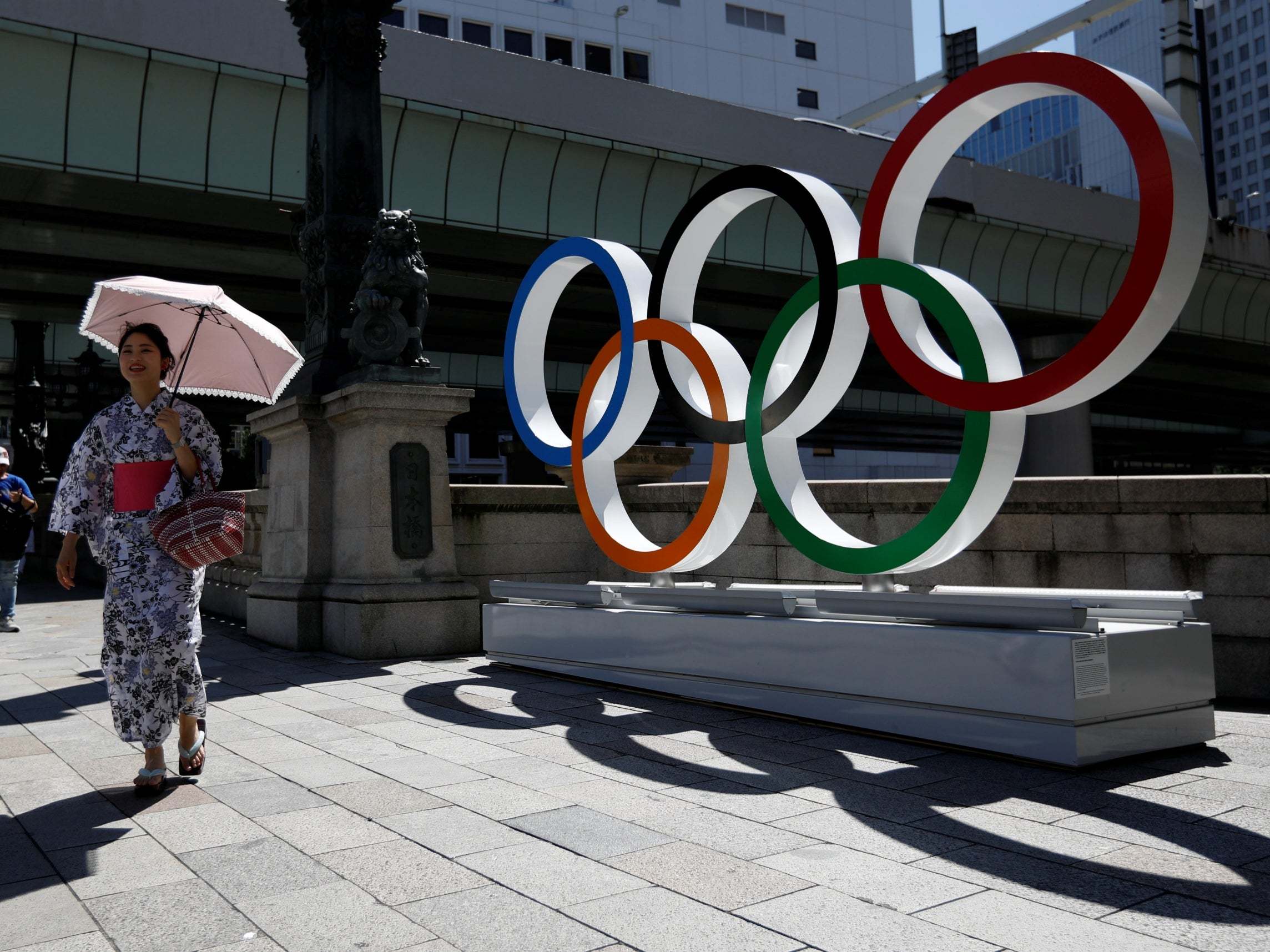Russian hackers target anti-doping agencies ahead of 2020 Olympics
Fancy Bear hit 16 sporting and anti-doping organisations with cyber attacks

The Russian hacking group Fancy Bear has carried out "significant cyber attacks" against more than a dozen anti-doping authorities and sporting organisations around the world, security researchers have revealed.
Analysts at Microsoft Threat Intelligence Center published details of the hacks, which began on 16 September amid reports that the World Anti-Doping Agency (Wada) was considering action against Russian athletes ahead of the 2020 Tokyo Olympics.
"At least 16 national and international sporting and anti-doping organisations across three continents were targeted in these attacks," Microsoft wrote in a blog post detailing the activity.
"The methods used in the attacks are similar to those routinely used by [Fancy Bear] to target governments, militaries, think tanks, law firms, human rights organisations, financial firms and universities around the world."
Microsoft said that the majority of the cyber attacks were unsuccessful, but not all. The company notified all of the organisations that were targeted.
It is not the first time that cyber attacks on such organisations have been attributed to Fancy Bear. In 2016 and 2018, the hacking group reportedly targeted the emails of anti-doping officials in order to uncover and publish private medical records.
According to a 2018 indictment from the US Department of Justice, Russian hackers publicised stolen information as part of a disinformation campaign designed to undermine organisations that had exposed a state-sponsored doping program in Russia.
"The actions of these hackers, all working as officials for the Russian government, were criminal, retaliatory, and damaging to innocent victims and the United States' economy, as well as to world organisations," FBI Director Christopher Wray said at the time.
Attorney General Jeff Sessions said that the hacks were designed to "spread the personal information of hundreds of anti-doping officials and athletes as part of an effort to distract from Russia's state-sponsored doping program".
Wada warned last month that Russia faces a ban from all major sporting events over "discrepancies" in lab results from athletes' blood tests.
Russian athletes were banned from the 2018 Winter Olympics in Pyeongchang and the latest issues could see Russia banned from next summer's Olympics and the 2022 football World Cup.
Wada said that there was no evidence that any of its computer systems had been breached in the latest cyber attacks..
"Wada takes the issue of cyber-security extremely seriously," a spokesperson told The Independent.
"As a matter of course, the agency closely and continually monitors all its systems, regularly updating and strengthening its defences – both in terms of technological advancements and by ensuring our users are aware of and properly educated regarding security."
Join our commenting forum
Join thought-provoking conversations, follow other Independent readers and see their replies
Comments
Bookmark popover
Removed from bookmarks